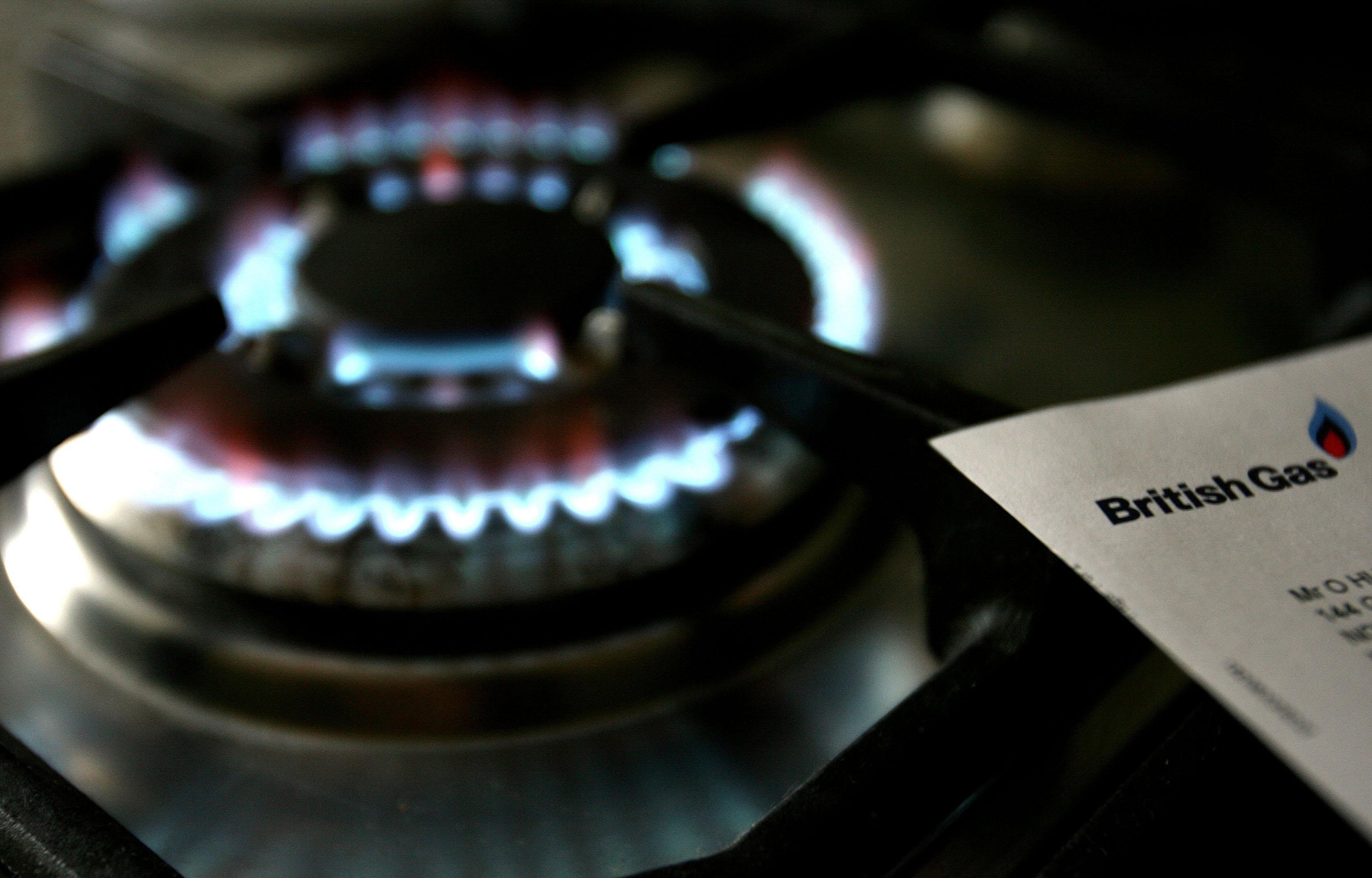What is in Liz Truss’s emergency energy package, at a glance
The new Prime Minister will prevent household energy bills in Britain soaring past £2,500 for two years from October.

Your support helps us to tell the story
This election is still a dead heat, according to most polls. In a fight with such wafer-thin margins, we need reporters on the ground talking to the people Trump and Harris are courting. Your support allows us to keep sending journalists to the story.
The Independent is trusted by 27 million Americans from across the entire political spectrum every month. Unlike many other quality news outlets, we choose not to lock you out of our reporting and analysis with paywalls. But quality journalism must still be paid for.
Help us keep bring these critical stories to light. Your support makes all the difference.
Liz Truss has set out an emergency package costing tens of billions of pounds to help shield households and businesses from soaring energy prices.
The new Prime Minister’s plan includes preventing the average annual family bill in Britain soaring past £2,500 for two years from this autumn.
But she also has included moves, some highly controversial, to prevent prices spiking again in the event of global events taking a similar downturn.
– No soaring price cap for homes in Britain
From October 1, the average energy bill was set to rise to £3,549 when the price cap review came into place, before going as high as £7,700 by April 2023, with costs soaring largely due to Russian President Vladimir Putin’s war in Ukraine.
The Government’s “energy price guarantee” will mean bills for the average household will go no higher than £2,500 at any point over the next two years.
It will save a typical home around £1,000 from October 1, when the current consumer price cap had been set to soar, according to official estimates.
– Businesses to get some support
A scheme for businesses and other non-domestic energy users, such as schools and hospitals, will be given equivalent support for six months.
Details on how this will work are so far murky and, after the initial period, the Government is eying reducing support to so far unnamed vulnerable industries.
– Similar support hoped for Northern Ireland
The energy system works differently in Northern Ireland than the rest of the UK.
The Westminster Government hopes to work with companies and the civil service in the nation to develop a similar discount.
– Additional support for households
The new help comes on top of the £400 energy bills discount in place for this winter, but the Government is not currently planning to extend that to next year.
– The cost
The Prime Minister’s official spokesman has only said the cost of the support will be “tens of billions”. Previous estimates have put the strategy at around £150 billion.
Chancellor Kwasi Kwarteng is expected to give more specifics during his fiscal announcement later this month.
Ms Truss has refused to impose a windfall tax on the soaring profits of oil and gas giants, as called for by Labour. Instead, her plans will be paid through borrowing.
– Cooling inflation
Officials hope the measure could curb inflation by up to five percentage points, with external forecasts previously predicting it could hit up to 15% next year.
– Fracking ban over
The moratorium that has prevented shale gas extraction due to fears it can trigger earthquakes will be lifted in England from Thursday.
Production in consenting communities could begin in as little as six months.
A British Geological Survey report commissioned by ministers will be published imminently.
Officials suggested it will show more drilling is required to establish data on the impact of extraction on earthquakes.
Downing Street was unable to detail specifics, but officials are looking at incentives including reducing the bills of areas who agree to fracking in order to get them to agree.
The move forms part of a plan to increase Britain’s energy security, reducing its vulnerability to world events, like the Russian invasion and Mr Putin turning down his gas pipelines.
A new energy supply task force, led by Madelaine McTernan, who headed the vaccine task force, will also negotiate with energy suppliers to agree long-term contracts that will reduce the price they charge.
– Green levies
The environmental charges on bills will be suspended temporarily for two years, with the move worth around £150 for household bills.
The cost of covering the measures they pay for will instead come from borrowing and general taxation.
– Oil heaters
Largely rural consumers with oil heaters do not benefit from a price cap. Ms Truss said a fund will be set up to give them “equivalent support”.